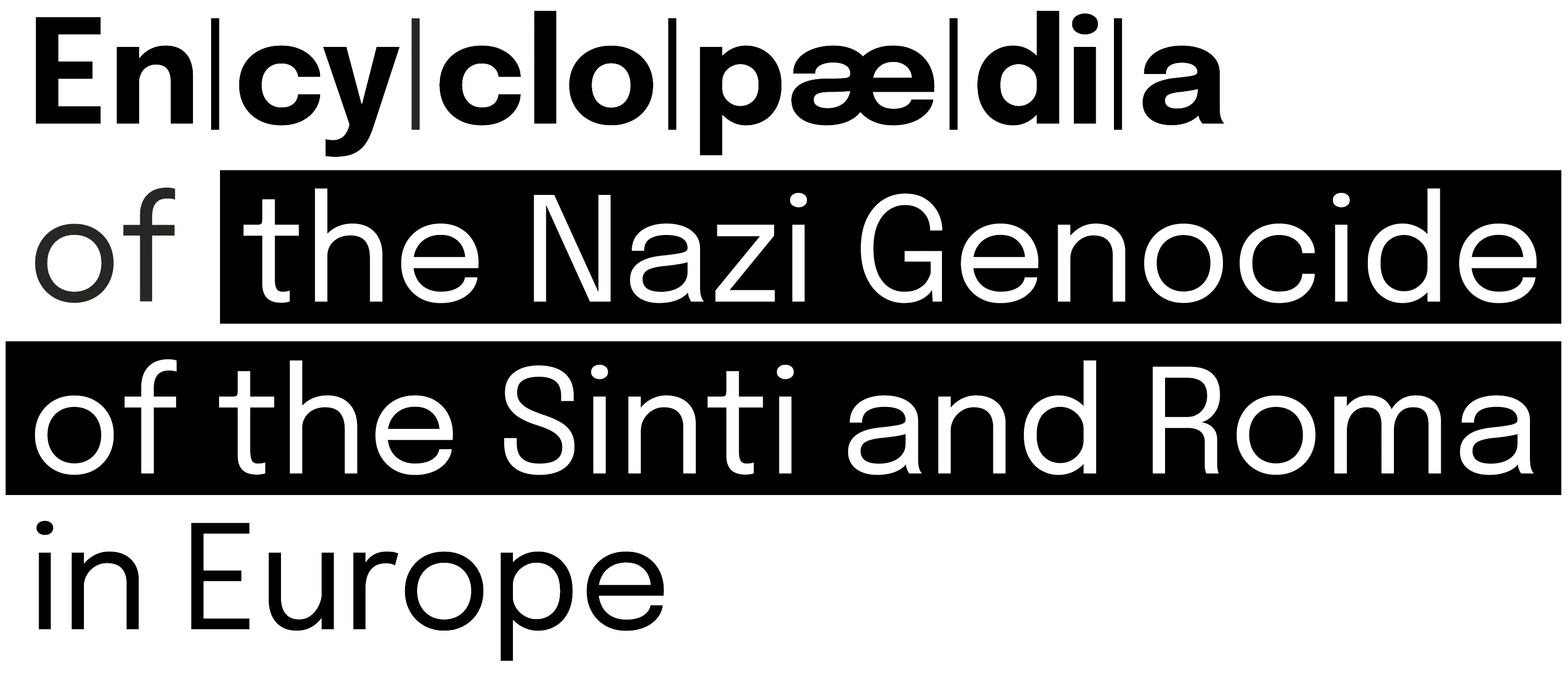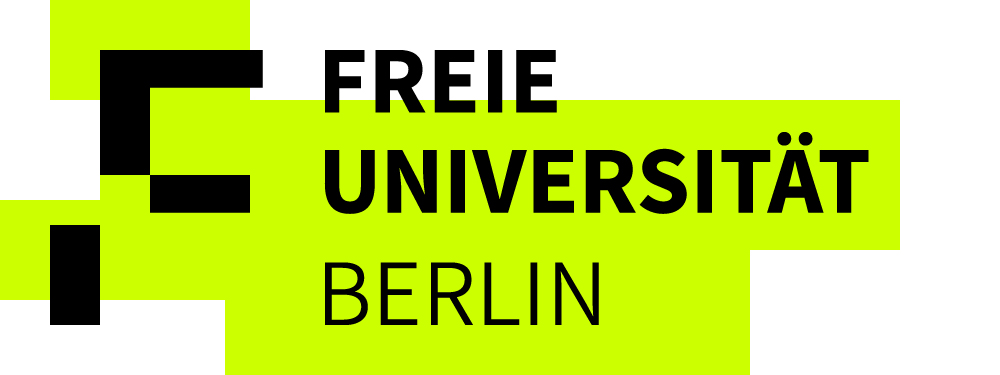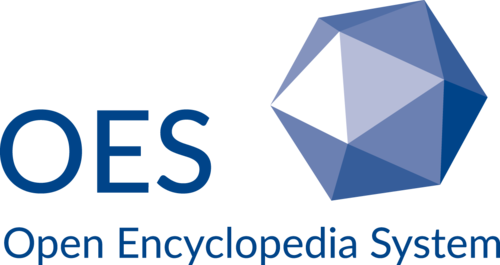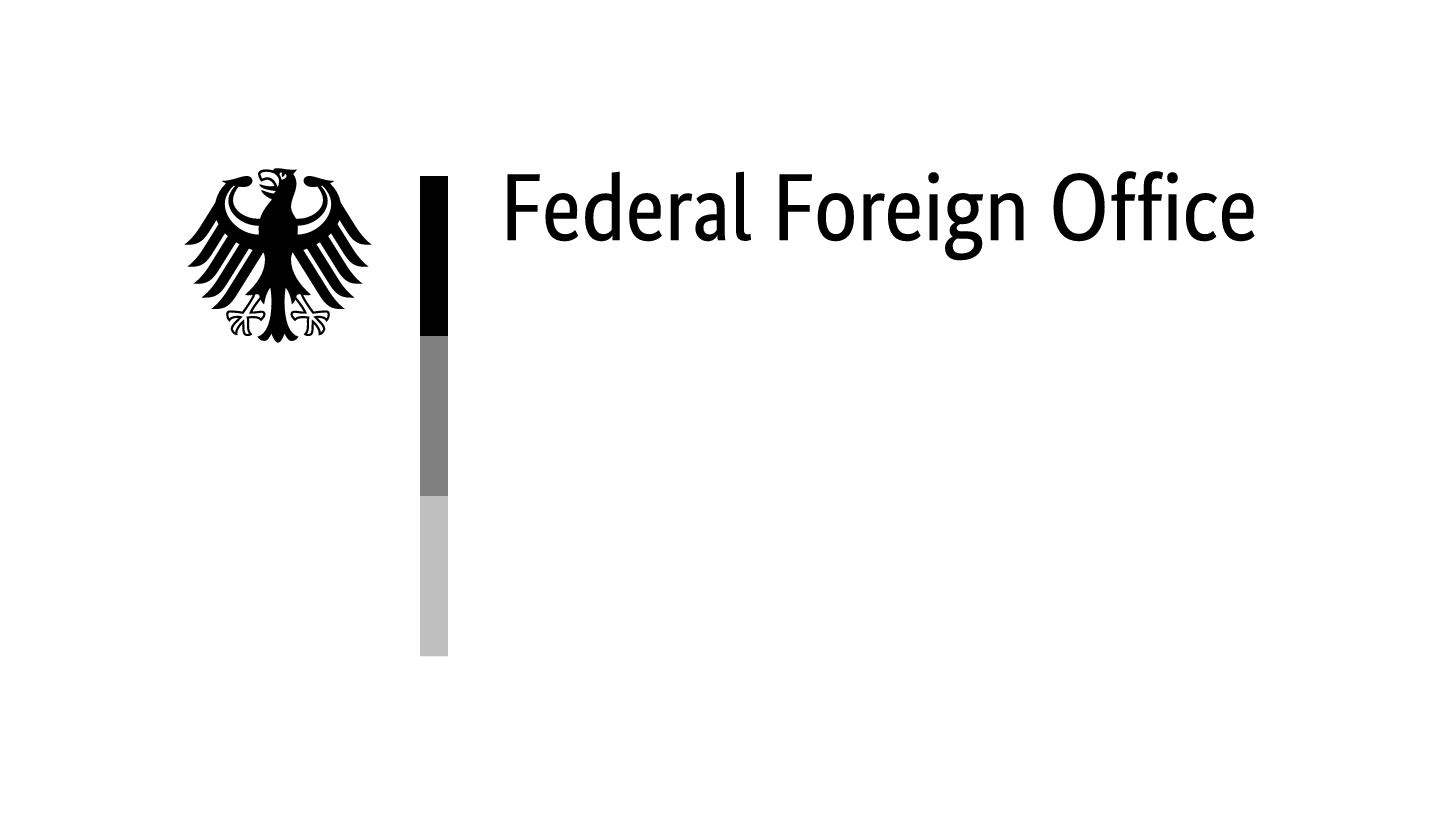The Muzeum romské kultury [Museum of Romani Culture] was founded in 1991 in Brno by a group of Romani intellectuals, among them Tomáš Holomek’s (1911–1988) son Karel Holomek (1937–2013), the historian Bartoloměj Daniel (1924‒2001) and Tomáš Holomek’s granddaughter Dr Jana Horváthová (born 1967), a historian and museologist who has headed the museum since 2003. They collaborated closely with several non-Romani experts like ethnographer Eva Davidová (1924–2018), historian Ctibor Nečas (1933–2017) and linguist Milena Hübschmannová (1933‒2005). In many respects the mission and activities of the museum continue the legacy of the Union of Gypsies-Roma (1969 to 1973).
Activities
The museum documents, researches and presents the history and culture of Roma and Sinti mainly from the territory of former Czechoslovakia. In addition to creating a broad museum collection, it offers the public a permanent exhibition on the history of the Roma, as well as various temporary and travelling exhibitions, lectures, educational programmes and a library. The museum publishes an annual Bulletin (since 1992) and occasional expert publications.
Permanent Exhibition
Since its foundation, the museum has also done fundamental work in documenting, researching, commemorating, and educating the public on the subject of the Nazi genocide of Roma and Sinti, especially on the territory of the current Czech Republic. On 22 April 2007, the museum opened a permanent exhibition hall dedicated to this topic.
Memorial Sites
Since the 1990s, the museum has also been very active at the sites of both former ‘Zigeunerlager’. Commemorative events have been held there since 1995 and monuments were unveiled at the mass cemeteries on the sites of Lety near Pisek (13 May 1995) and Hodonin near Kunstadt (17 August 1997). Since 23 November 2017, when the Czech state bought the pig farm built on the site of the Lety near Pisek camp, the Museum has managed both sites. The Hodonin near Kunstadt memorial with its permanent exhibition opened to the public in 2021. The Lety near Pisek memorial is scheduled to open in April 2024. Since 2019, the Museum has also been developing the Roma and Sinti Centre in Prague as a new attraction in the country’s capital, which is supposed to be a commemorative, social and community centre for the general public, including tourists. The museum is a member of the official Czech delegation to the International Holocaust Remembrance Alliance (IHRA).




